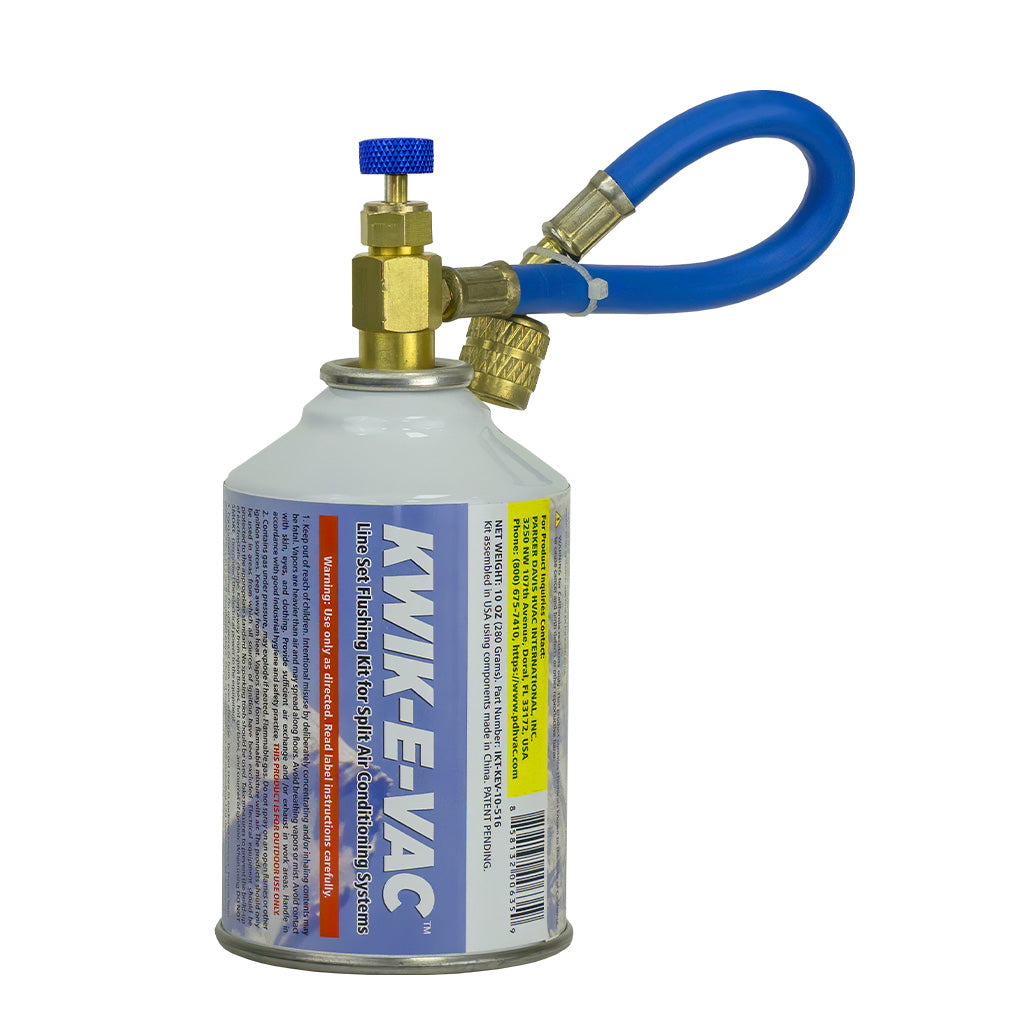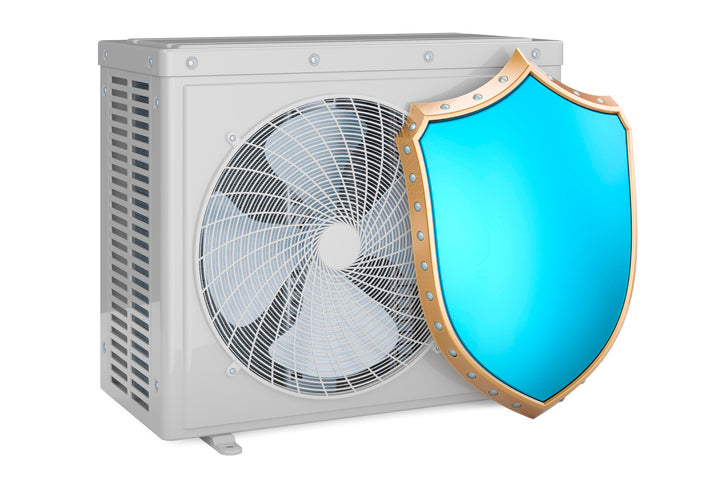How To Keep Your Heat Pumps From Freezing During Winter

Old Man Winter has arrived, and our heat pumps are in full swing. In this article, we’ll discuss how to keep your heat pumps from freezing during the winter. Your heat pump is made to withstand the cold weather, but it still needs maintenance and a little help along the way.
Freezing Is Normal
Don’t panic if you see small amounts of ice on your heat pump. Thankfully, heat pumps are equipped with a defrost cycle, and if well maintained, they often take care of any icing issues quickly. Staying one step ahead of ice problems is the key to preventing a big freezing issue that causes damage or the heat pump to stop working.
How To Remove Ice
Once you spot the ice, there are a couple of things to check on and steps to take to get rid of it. Ice buildup eventually stops the operation of a heat pump if not taken care of. Let’s look at what you can do to remedy an icy situation on your heat pump.
The Defrost Cycle
The defrost on your heat pump switches the valve to an air conditioning mode. This turns off the outdoor fan and turns the evaporator into a condenser, warming the refrigerant. The warmed refrigerant can melt any ice off the coils, which is the most common place you’ll find ice on your heat pump.
Newer heat pump models have automatic sensors, kicking on the defrost cycle when necessary. Older models require you to set the timer so that the pump knows when to go into defrost mode. Both work well; just make sure you know which type you have.
Water Hose
If the defrost cycle isn’t doing the trick, turn your water hose on and melt away the ice with water. This works well for small amounts of ice. If the problem seems bigger and when all else fails, call your maintenance professional.
Why Ice Happens
Freezing temperatures are the number one reason we find ice on our heat pumps. They sit outside, so ice is bound to happen. Sometimes, though, there are issues other than freezing temperatures.
Airflow
You should feel air blowing through the vent of the heat pump. If you don’t, there may be a problem with the blower. Without that air movement, icing is more likely, and you won’t receive efficient heat in your home.
Air Filters
A dirty, clogged air filter hinders airflow, making it easier for ice to build up. Change your air filter on your heat pump regularly to prevent this.
Condensing Fan Motor
The condensing fan motor runs on the outside of the heat pump. When debris is blocking its blades, the motor won’t function properly. Take the time to check the area around the condensing fan motor and clear the area of sticks, dirt, or snow.
Low Refrigerant
Refrigerant is the catalyst that transfers heat from one coil to another in your heat pump. Without it, there would be no warm air coming into your home. Without that warm air, the icing of coils is likely to happen. Keep refrigerant at a safe level.
Improper Installation
If a heat pump is installed improperly from the start, problems arise quickly and often, including ice issues. It isn’t recommended that homeowners install a heat pump themselves if they aren’t professionals. There are many steps to remember so that the installation is completed properly. Let a professional help, and you’ll get years of warmth from your heat pump.
Too Much Moisture
A heat pump doesn’t have much of a chance when moisture is building up during freezing temps. When the pump is too low to the ground, there is nowhere for moisture to drain, and it quickly turns to ice when it’s cold outside. A simple fix is to prop the heat pump up off the ground using a base.
Sometimes, it may be something you haven’t noticed, such as a gutter or drainpipe dripping onto the heat pump from above. A quick turn of the gutter or pipe should do the trick.
Regular Maintenance
Just like most equipment in your home, a heat pump requires regular maintenance to keep running efficiently and effectively. Contact your HVAC specialist and schedule regular, yearly cleaning, maintenance, and checkups for your heat pump. Here’s what an HVAC specialist will do once a year to maintain a healthy heat pump system:
- Listen for odd noises
- Check airflow
- Clean or replace filters
- Clean the entire heat pump
- De-ice if necessary
- Add refrigerant
These are regular maintenance tasks. Any time the heat pump doesn’t seem right, contact your specialist so they can get it fixed quickly.
Why Choose a Heat Pump?
Now that we understand how to keep your heat pumps from freezing in the winter, let’s discuss which type of homes are best suited for a heat pump. With so many HVAC choices, you need to know which type is best for you. The following is a list of the benefits of a heat pump:
- Easy to maintain
- Cost-effective
- Low carbon emissions
- Provide heat and cooling
- Safe to use
- Last for many years
Here are a few disadvantages of a heat pump:
- Require professional installation
- Expensive upfront
- Struggle in cold weather
- Require lots of maintenance and upkeep
With the list of cons, it’s easy to see why heat pumps are best suited for milder climates. Areas where winters rarely see temperatures below freezing don’t need a large heating system or one that can withstand constant blizzard-like conditions. A heat pump is the perfect solution for homes that experience cold yet gentle winters.
In conclusion, trust your HVAC professional to steer you in the right direction when choosing a heating system for your home. Every home, lifestyle, and climate is different, and there are HVAC options for each one.
At Pioneer Mini Split, we understand the many different needs for heating and cooling a home. We offer a ducted split system for HVAC as well as ductless systems. Browse our convenient online store, or contact us for more information about how to gain an efficient, low-cost HVAC system for your home.








